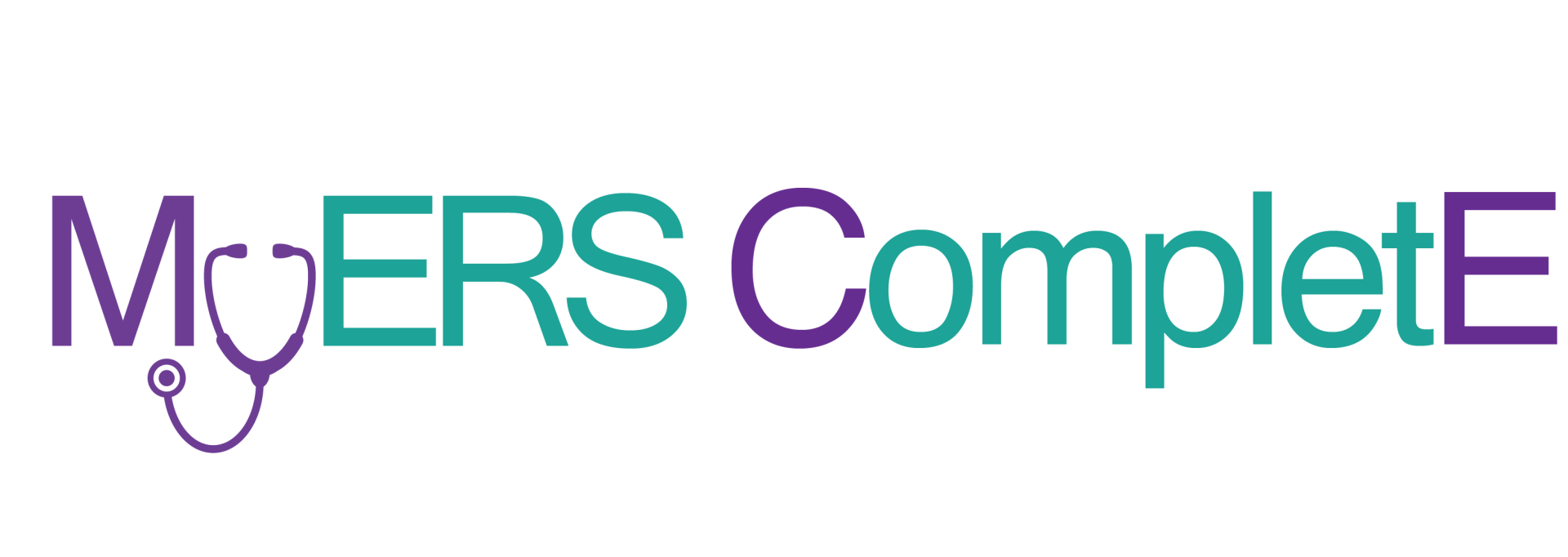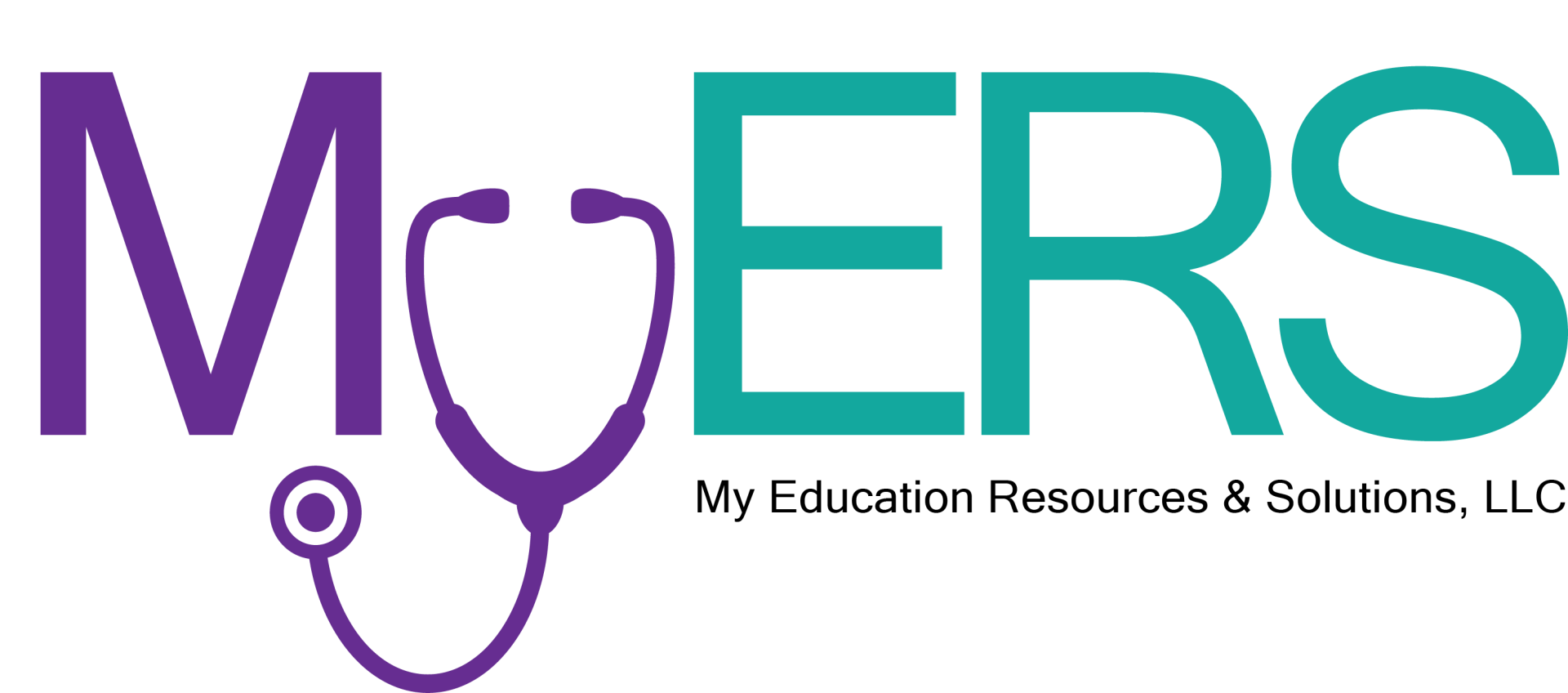Nursing Pride: Celebrating LGBTQ+ Healthcare Heroes and Advancing Inclusive Care
Jun 2

Nursing Pride
Celebrating LGBTQ+ Healthcare Heroes and Advancing Inclusive Care
As we celebrate Pride Month this June, we honor not only the LGBTQ+ patients we serve but also the countless LGBTQ+ nurses who bring their authentic selves to healthcare every day. This month offers an opportunity to reflect on our profession's commitment to inclusive, affirming care and to recognize the unique contributions of LGBTQ+ nursing professionals.
The Rainbow in Scrubs: LGBTQ+ Nurses Making a Difference
The nursing profession has long been home to LGBTQ+ individuals who found in healthcare a calling to serve others with compassion and dignity. While exact statistics vary, studies suggest that LGBTQ+ individuals are well-represented in nursing, often drawn to the profession's values of caring, advocacy, and social justice.
"Nursing gave me a way to channel my lived experience as a transgender woman into helping others navigate their healthcare journeys," shares Jordan Martinez, RN, who works in a community health clinic. "When patients see someone who understands their struggles, it creates trust that can be transformative for their care."
This representation matters deeply. Research shows that LGBTQ+ patients often feel more comfortable and receive better care when they see themselves reflected in their healthcare providers. Having LGBTQ+ nurses in visible roles helps normalize diverse identities and creates safer spaces for all patients.
Understanding LGBTQ+ Health Disparities
Pride Month also reminds us of the health challenges facing the LGBTQ+ community. Understanding these disparities is crucial for providing equitable care:
Mental Health Concerns: LGBTQ+ individuals experience higher rates of depression, anxiety, and suicidal ideation, often linked to minority stress and discrimination experiences.
Mental Health Concerns: LGBTQ+ individuals experience higher rates of depression, anxiety, and suicidal ideation, often linked to minority stress and discrimination experiences.
Preventive Care Barriers: Many LGBTQ+ patients delay or avoid healthcare due to past negative experiences, leading to gaps in preventive care and early detection of health issues.
Transgender Health Needs: Transgender individuals face unique healthcare challenges, from finding knowledgeable providers to accessing gender-affirming care.
Substance Use: Higher rates of substance use in LGBTQ+ communities often stem from coping with discrimination and social rejection.
HIV and Sexual Health: While rates have decreased, HIV remains a significant concern, particularly among men who have sex with men and transgender women.
Creating Inclusive Healthcare Environments
As nurses, we have the power to create affirming care environments that welcome all patients. Small changes can make enormous differences:
Language Matters
Language Matters
Using inclusive language signals safety to LGBTQ+ patients. Simple changes like "Do you have a partner?" instead of assuming heterosexual relationships can create a welcoming atmosphere. Learning and using patients' chosen names and pronouns shows respect and builds trust.
Visual Cues
Visual Cues
Rainbow flags, inclusive health education materials, and non-discrimination statements help signal that your facility is LGBTQ+-friendly. These visual cues can help patients feel safe before they even speak with staff.
Intake Forms and Documentation
Updating intake forms to include options for sexual orientation, gender identity, and chosen names helps gather important health information while showing inclusivity. Many electronic health records now include fields for chosen names and pronouns.
Cultural Competency Training
Regular training on LGBTQ+ health needs, terminology, and best practices helps all staff provide better care. Understanding the difference between sexual orientation and gender identity, learning about gender-affirming care, and recognizing unconscious bias are crucial components.
Advocating for Change
Pride Month serves as a reminder of nursing's advocacy role. LGBTQ+ rights and healthcare access remain under threat in many areas, making our voices as trusted healthcare professionals particularly important.
Policy Advocacy: Supporting non-discrimination policies in healthcare, advocating for insurance coverage of gender-affirming care, and promoting inclusive health research are all areas where nurses can make a difference.
Workplace Advocacy: Creating Employee Resource Groups for LGBTQ+ staff, advocating for inclusive benefits policies, and ensuring workplace protections help make healthcare a welcoming profession for all.
Community Engagement: Participating in Pride events, supporting LGBTQ+ youth programs, and partnering with community organizations extends our impact beyond hospital walls.
Policy Advocacy: Supporting non-discrimination policies in healthcare, advocating for insurance coverage of gender-affirming care, and promoting inclusive health research are all areas where nurses can make a difference.
Workplace Advocacy: Creating Employee Resource Groups for LGBTQ+ staff, advocating for inclusive benefits policies, and ensuring workplace protections help make healthcare a welcoming profession for all.
Community Engagement: Participating in Pride events, supporting LGBTQ+ youth programs, and partnering with community organizations extends our impact beyond hospital walls.
Continuing Education and Resources
For nurses looking to deepen their knowledge of LGBTQ+ health:
The National LGBT Health Education Center offers free continuing education modules on topics ranging from creating inclusive environments to providing care for transgender patients.
The World Professional Association for Transgender Health (WPATH) provides standards of care and continuing education opportunities.
Many state nursing associations now offer LGBTQ+ health competency courses as part of their continuing education offerings.
Moving Forward Together
As we celebrate Pride Month, let's commit to making every month a time of inclusive, affirming care. Whether you identify as LGBTQ+ yourself or are an ally, there are ways to contribute to a more welcoming healthcare environment.
"Pride Month reminds me why I became a nurse," reflects Sarah Chen, RN, who works in pediatric oncology. "It's about seeing the whole person, celebrating their identity, and providing care that honors their dignity. That's what nursing is all about."
This Pride Month, let's celebrate the diversity that strengthens our profession, honor the LGBTQ+ nurses who serve alongside us, and recommit to providing inclusive, excellent care for all patients. After all, love is love, and healthcare is a human right.
What steps is your workplace taking to create more inclusive care environments? How are you celebrating Pride Month in your professional practice?
Contact
-
My Education Resources and Solutions, LLC
-
PO Box 39566
Greensboro, NC 27438 -
hello@myerscomplete.com
-
(336) 988-7076
Become a member
Your gateway to advanced, cloud-based CE solutions.

